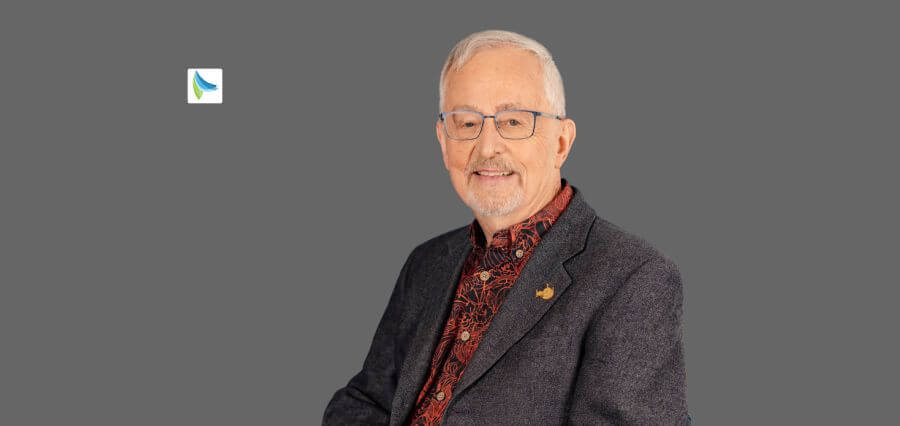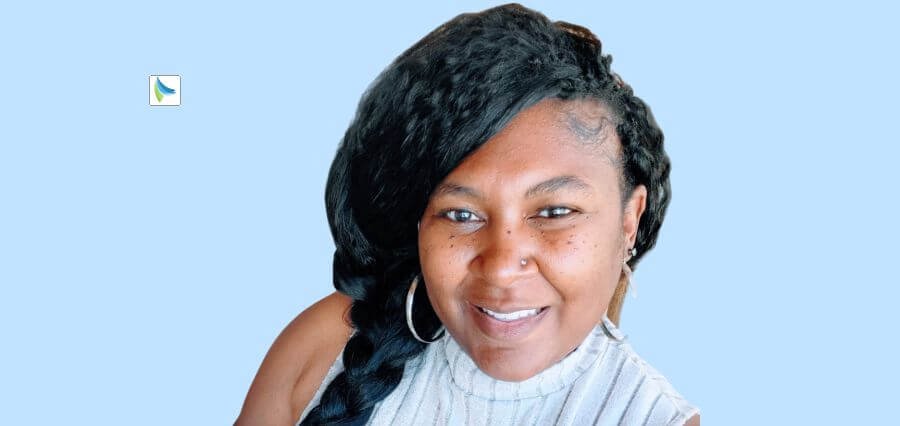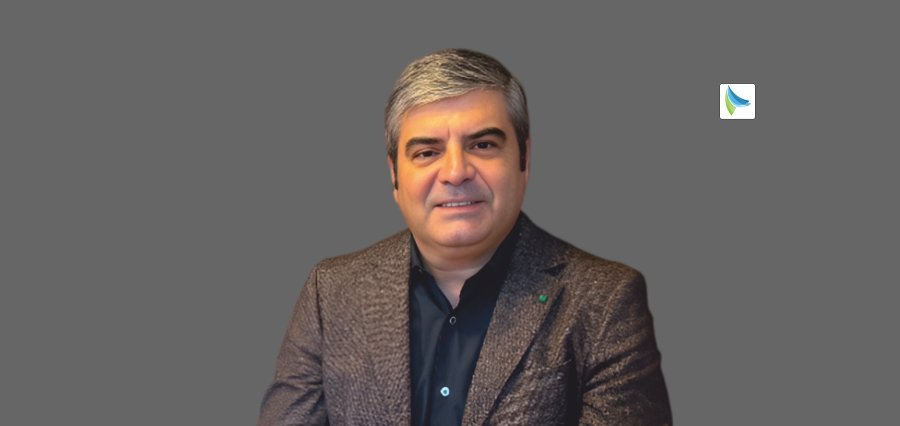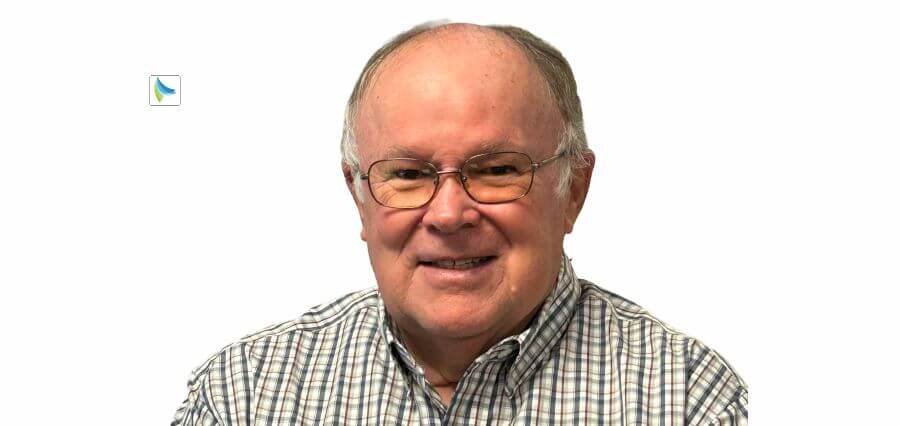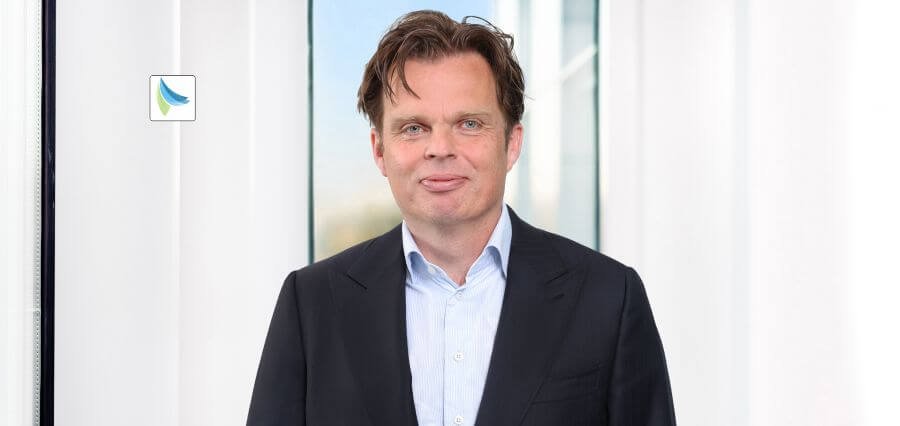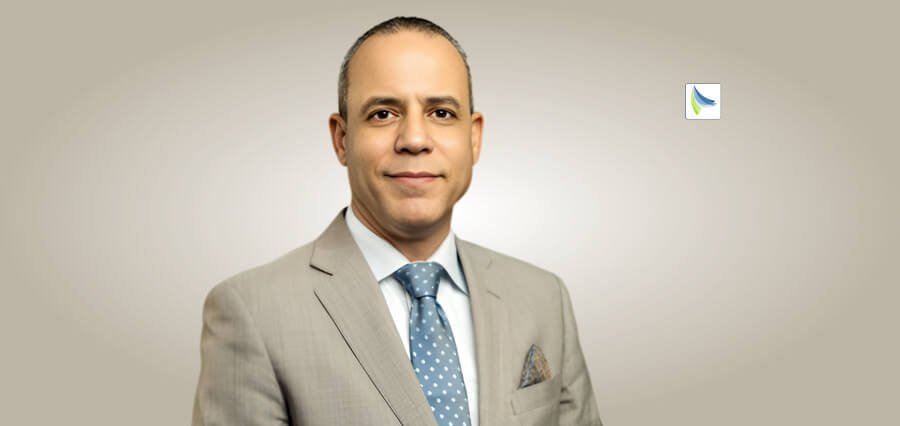Dr. Richard Larson’s name is etched in the world of operations research not just as a theorist, but as a problem-solver whose career has spanned more than five decades. His influence stretches across city infrastructure, emergency response, education, and public policy. As a professor at the Massachusetts Institute of Technology (MIT) since 1969, and now Professor Emeritus, Dr. Richard has devoted his life to applying mathematical models in ways that tangibly improve lives. From the optimization of police dispatch systems to the transformation of educational methodologies, his body of work illustrates a rare fusion of academic rigor and practical relevance.
Driven by the belief that mathematics can be a tool of empowerment rather than abstraction, Dr. Larson has sought to close the gap between theoretical constructs and their real-world applications. His career serves as a testament to how deeply one person can impact the world when committed to analytical thinking and human-centered innovation. In the classroom, through public service, and within private enterprises, his approach—model-based thinking—has revolutionized the way decisions are made at both individual and systemic levels.
This exploration of Dr. Richard’s legacy sheds light not only on his intellectual contributions but also on his enduring dedication to mentoring, teaching, and influencing the next generation of thinkers. He proves that even the most complex mathematical frameworks can serve deeply humane purposes: reducing suffering, expanding access to knowledge, and improving the quality of life for countless people. As he continues to champion these causes post-retirement, his impact only broadens.
Lifelong Commitment to Practical Analytics
Dr. Richard Larson has long emphasized the importance of mathematics and analytics in addressing real-world problems. Rather than view operations research as confined to classrooms or laboratories, he treats it as a living toolset with vast potential for social impact. From the earliest days of his career, he positioned himself as a translator between the abstract language of math and the tangible needs of communities.
The mentorship of Professor Al Drake played a pivotal role in shaping this philosophy. It was Drake who invited a young Dr. Richard to attend MIT—an invitation that would define the trajectory of his life. What began as a student-teacher relationship blossomed into a lifelong intellectual journey, culminating in a 54-year tenure at one of the world’s most prestigious institutions. At MIT, Dr. Richard Larson didn’t just teach theories—he deployed them. Whether he was optimizing ambulance routes or redesigning educational delivery methods, he made sure his work remained anchored in everyday experiences.
His approach has consistently emphasized measurable outcomes. By prioritizing public benefit over academic acclaim, Dr. Richard Larson established a reputation not just as a brilliant mind, but as a problem-solver who never lost sight of humanity.
Building Models That Save Lives
Among Dr. Richard’s most groundbreaking contributions is the Hypercube Queuing Model, a framework that fundamentally reshaped how emergency services operate in urban environments. Co-founding firms such as ENFORTH Corporation and Q.E.D., Dr. Richard extended his influence well beyond academic circles. These ventures sought to democratize access to advanced research, ensuring that ideas developed in institutions like MIT found applications on the streets and in government offices.
The Hypercube Queuing Model exemplifies the potency of model-based thinking. By analyzing and predicting call volumes, response times, and resource availability, the model allowed cities to optimize the deployment of police cars, fire engines, and ambulances. The outcome? Faster response times, better resource allocation, and ultimately, lives saved.
This project illustrated Dr. Richard’s belief in “useful mathematics”—not math for math’s sake, but for societal betterment. He understood that behind every data point was a person in need, and every improved second in response time could mean the difference between life and death.
Making Knowledge Accessible for All
Education is another arena where Dr. Richard Larson has left an indelible mark. Recognizing the barriers that prevent many students from accessing high-quality STEM education, he co-founded MIT BLOSSOMS—Blended Learning Open-Source Science or Math Studies. This initiative democratizes learning by offering free video lessons in math and science to students around the world.
Working alongside MIT professor Dan Frey and his late wife, Mary Elizabeth Murray, Dr. Richard Larson envisioned a platform where learning could transcend borders, budgets, and bandwidth limitations. By leveraging the power of digital platforms like YouTube, MIT BLOSSOMS became one of the earliest large-scale open-source educational repositories.
The initiative reflects Dr. Richard’s broader philosophy: that knowledge should be a public good. Whether through textbooks, lectures, or open-access resources, he has consistently pushed for education that is inclusive, engaging, and globally impactful.
Thought Leadership in Operations Research
Dr. Richard Larson has not only advanced operations research through practice but also through leadership. He served as the president of both the Operations Research Society of America (ORSA) and the Institute for Operations Research and Management Sciences (INFORMS)—two of the field’s most respected institutions.
Under his leadership, these organizations emphasized interdisciplinary collaboration and knowledge dissemination. He championed the idea that the most effective solutions often arise at the intersection of fields—where math meets public policy, or where engineering meets sociology.
His influence also extended to nurturing future leaders in the field. Through conferences, journal contributions, and mentorship, Dr. Richard cultivated a culture of openness, curiosity, and real-world impact that continues to inspire.
Model-Based Thinking for Daily Decisions
In 2023, Dr. Richard Larson released his most recent work, “Model Thinking for Everyday Life,” published by INFORMS. This book distills his lifelong passion for structured reasoning into a guide for laypeople. It offers readers accessible tools to approach everyday dilemmas—from choosing the fastest route home to making financial decisions—with the same clarity and logic used in professional operations research.
This endeavor marks an evolution in his mission: bringing model-based thinking out of the lab and into living rooms. With characteristic humility and clarity, Dr. Richard Larson explains how everyone—not just mathematicians—can benefit from analytical models.
He hopes the book helps readers realize that good decision-making isn’t just instinctual—it can be taught, practiced, and refined. In doing so, he demystifies analytics and brings its power into the hands of everyday people.
Continuing Impact After Retirement
Though officially retired from MIT, Dr. Richard Larson continues to remain professionally and socially engaged. He collaborates with the National Academy of Engineering, supports charitable initiatives, and continues to speak at events and academic forums. Retirement, in his case, does not imply disengagement—it represents a new phase of influence.
He plans to expand the reach of his latest book by making it available through broader channels like Barnes & Noble and other online platforms. His goal is clear: to make structured thinking a part of popular culture, and not just academic jargon.
As always, his eye is on impact. Whether it’s advising cities on emergency systems or encouraging a teenager to consider mathematics as a career, he continues to change lives—one model at a time.
Advice for Future Problem-Solvers
Dr. Richard Larson offers simple but profound advice to aspiring professionals: stay curious, stay flexible, and don’t be afraid to combine personal experience with academic knowledge. This mindset has guided his own career, allowing him to remain both innovative and grounded.
He encourages young researchers to venture beyond traditional boundaries, to see the human story behind every equation, and to remember that the most enduring solutions come from understanding people just as much as from understanding problems.
Whether in emergency response optimization, education reform, or public policy, Dr. Richard Larson’s legacy is one of empathy, rigor, and impact. He exemplifies how intellectual brilliance, when paired with a human-centered approach, can transform not just systems, but lives.
A Legacy Rooted in Purpose
Dr. Richard’s life work reminds us that analytics is not an abstract field; it is a living language for understanding and improving the world around us. Through his innovations in emergency services, his democratization of education, and his advocacy for everyday model-based thinking, he has created a blueprint for a more thoughtful and efficient society.
His contributions continue to ripple outward—through students, policies, public services, and now through his writing. At every step, Dr. Richard Larson has asked a fundamental question: “How can we do this better?” And time and again, he has answered with models that don’t just solve problems—they save lives.
In a world increasingly driven by data and complexity, the need for model-based thinking has never been more urgent. Thanks to Dr. Richard’s pioneering spirit, we now have a clearer path forward—and the tools to walk it.






